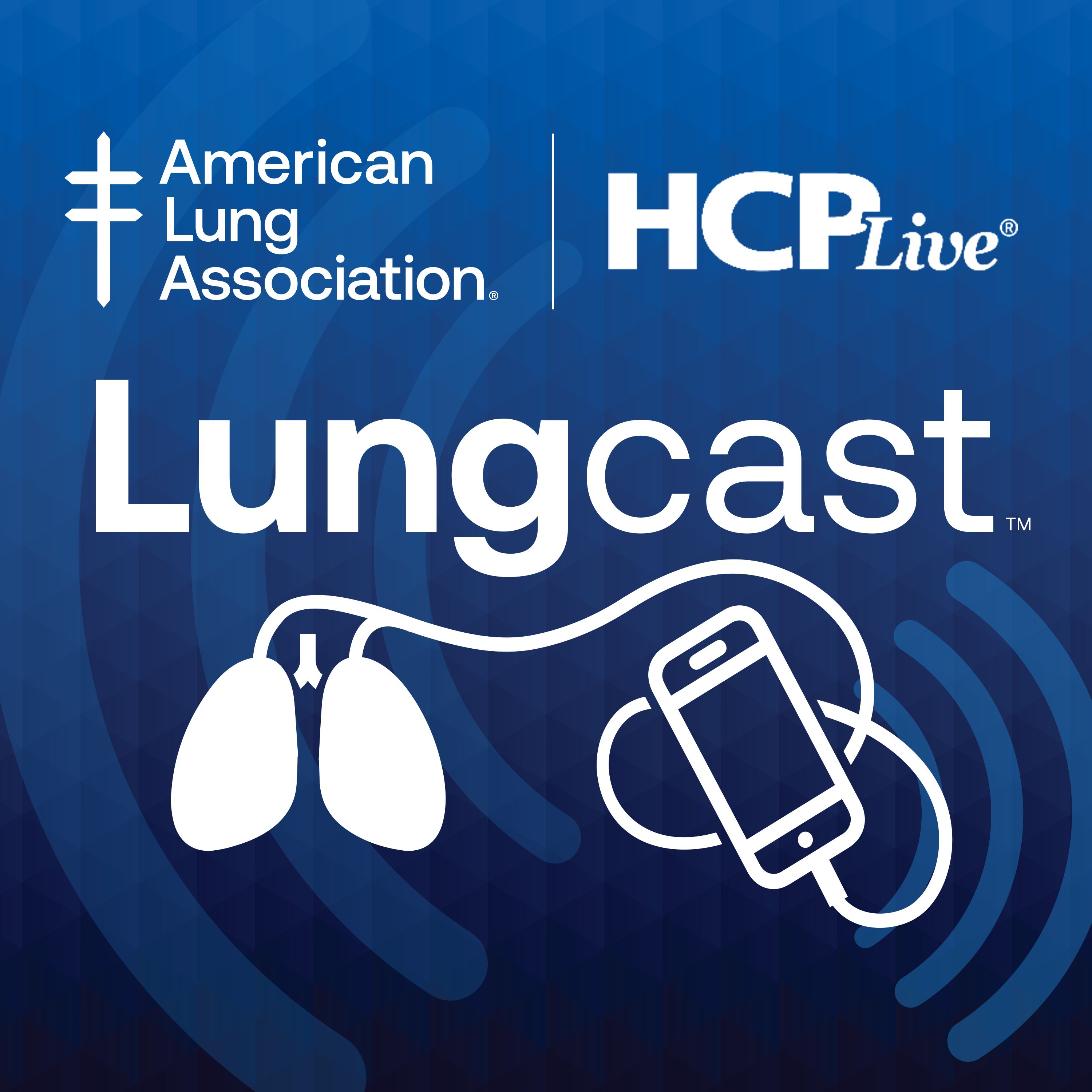Video
Sickle Cell Disease: Overview of the Comprehensive Care Team
Author(s):
A broad perspective on the value of multimodality care in the management of patients diagnosed with sickle cell disease.
Transcript:
Ifeyinwa Osunkwo, MD: Dr Smith, we’ve talked about the pediatric specialty aspect, but these people are human. They have sickle cell disease, but they’re also human. Can you talk about the primary care provider’s role and the importance of a care team in the management of a patient with sickle cell?
Wally R. Smith, MD: At Virginia Commonwealth University and at many institutions around the country, 2 concepts have emerged to talk about this primary care role for children and adults. The first concept is the concept of the medical home—the medical community or medical neighborhood. That means you have a primary care physician or primary care APP [advanced practice provider], somebody who’s responsible for your maintenance care. But then you have a team of people surrounding that person responsible for all aspects of your care. When you interview primary care physicians, they feel very uncomfortable managing patients with sickle cell. Why is that? There are a lot of complications unique to sickle cell disease that they simply have not seen a lot, and so they don’t feel competent nor comfortable. We need to support them with the types of specialists and the types of allied health care that will make the medical home concept come to life.
The second concept is life span care, and we’re talking to 2 eminent, prominent medical and pediatric trained physicians. They understand children, and they understand adults; they’re uniquely trained to do that. Not every place is blessed with that, but you can craft a program that gives care throughout the life span, so the patient feels cared for across the bridge of adolescence. That bridge that Dr Osunkwo is having trouble getting her kids through—that 18- to 30-year-old period—is a tough time. You want these patients to be able to cross that bridge and get into a settled adult life safely. Life span care is meant to do that; you grab hold of them as children and escort them across the bridge. You don’t even let go of their hands when they’re adults, but you loosen and say, “I’m here. If you fall, I’ve got you.”
The idea of life span care and the idea of the medical home involve multiple specialties. What’s in the multispecialty soup, you ask? We can take it from the top of your head to the bottom of your toes. How about your eyes? If you have them looked at, you might have retinopathy. You need an ophthalmologist. How about your brain? Have you had your brain tested? You need an MRI to make sure you don’t have damage in your brain, and you might need a neurologist or a neurocognitive person to evaluate your cognitive ability or that brain disease that you might discover on the magnetic resonance imaging.
How about your mouth? You need a dentist. Tooth decay and tooth problems can cause crises and cause infection. Patients with sickle cell are prone to infection. How about your glands? You need to have your vitamin D checked; you need to have your thyroids checked, you need to make sure that all those things are working well. If you have any evidence that your pituitary isn’t working, such as delayed sexual characteristics and so forth, then you might need to have that checked. How about your heart? You need an echocardiogram to make sure your blood is pumping correctly and your heart is working correctly. You need a chest x-ray to make sure you don’t have any spots there. Especially when you have pneumonia, you’re going to need 1 to make sure you don’t have acute chest syndrome.
You might need something to look at your gut and your gallbladder. You might need a test to make sure you don’t have gallstones. We could keep going—your kidneys. If you’re a woman, all your female organs need to be checked. If you’re male, you need to make sure you don’t have priapism or sexual dysfunction. We need to make sure your hips aren’t rotting from avascular necrosis. To know sickle cell is to know medicine. You need the whole community to deal with sexual function, to deal with behavioral function, to deal with all the organ functions. The navigation of that is best done by a primary care physician or primary care provider of some kind.
Ifeyinwa Osunkwo, MD: I love it: to know sickle cell diseases is to know medicine. I want to tell our primary care providers watching this webinar that we desperately need you. See, I’m a pediatric hematologist. I’m taking care of adults with sickle cell disease because of the gap, but I have no idea how to treat a heart attack. Please don’t come to me if you have gout, for example. We need people who are experts in holistic primary care to partner with us and have a comanagement model, so our patients can get the best of both worlds. They deserve the best—the best that hematology has to offer and the best that primary care has to offer.
Transcript edited for clarity.





